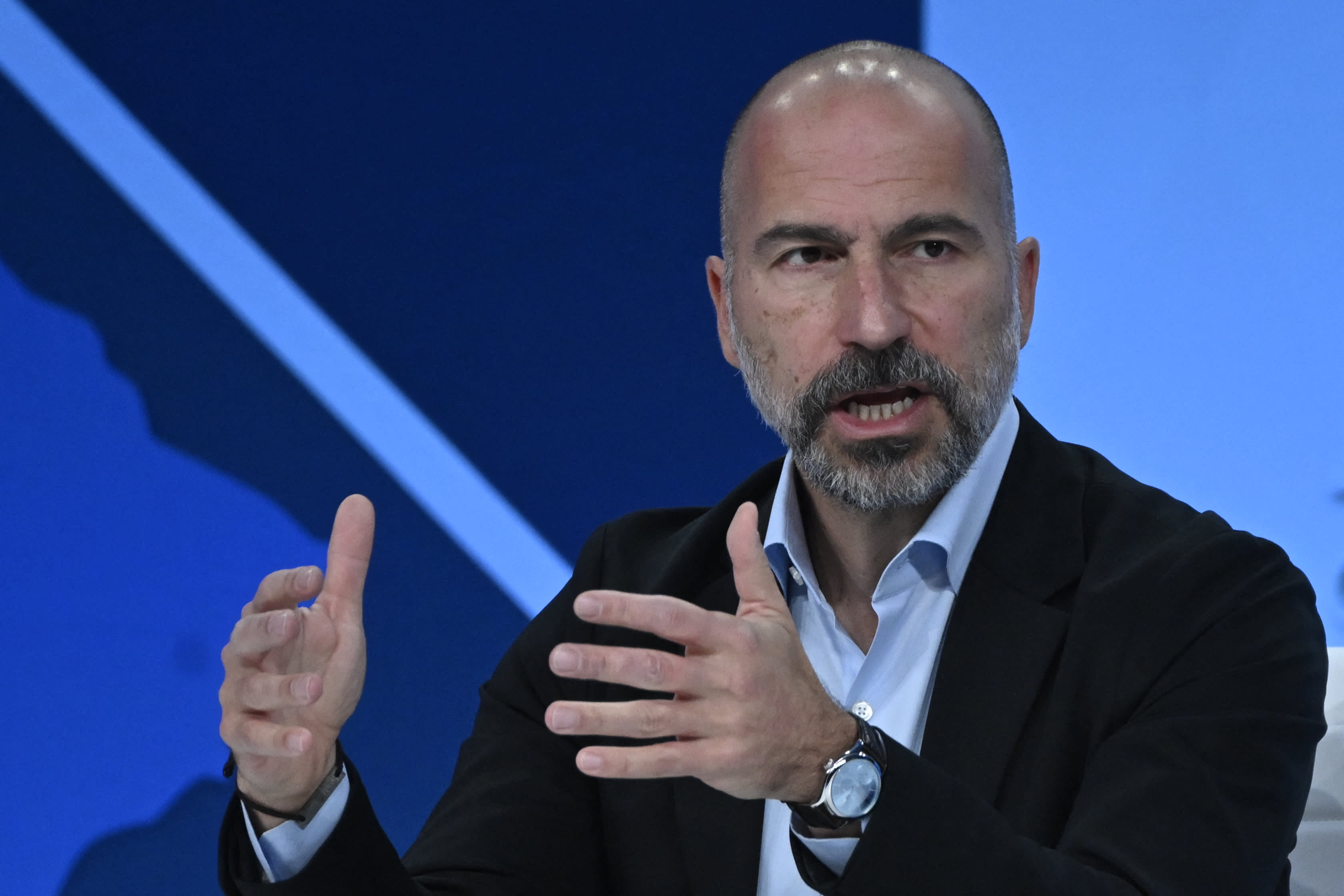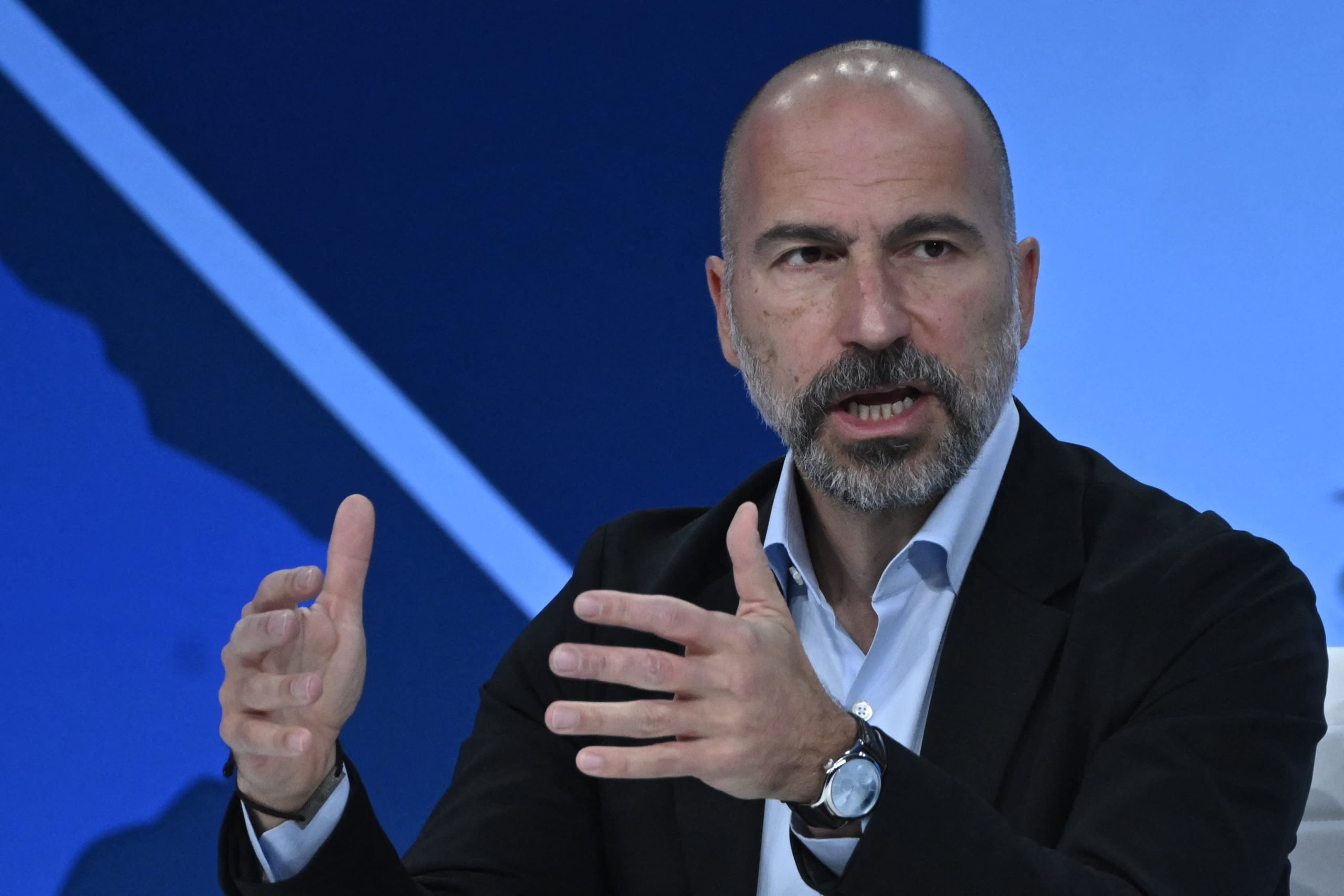
The gig economy has revolutionized how we work, offering unprecedented flexibility but also raising critical questions about worker protections. At the center of this debate stands Uber, the ride-sharing behemoth whose CEO Dara Khosrowshahi has become an unlikely advocate for reimagining benefits in the platform economy. His proposals attempt to thread the needle between Silicon Valley’s “disrupt first” ethos and growing demands for worker equity—a balancing act as precarious as a New York cabbie navigating rush hour traffic.
The Benefits Tightrope: Flexibility vs. Security
Khosrowshahi’s health benefit proposal ties coverage to hours worked, a scheme that sounds progressive until you realize it’s like offering life jackets—but only to passengers on sinking ships. The plan acknowledges gig workers’ varying commitments, yet conveniently ignores how algorithm-driven surge pricing creates feast-or-famine earning cycles. When drivers scramble during peak hours to qualify for benefits, who exactly is benefiting? This “Goldilocks solution”—not too little, not too much—smacks of corporate calculus: enough goodwill to appease regulators while maintaining the contractor model that keeps labor costs variable.
The Phantom Safety Net: Benefits Funds Explained
The proposed “benefits funds” resemble a magician’s trick—all flashy distraction from the real issue: misclassification. These pooled accounts for health insurance and retirement savings sound innovative until you notice the fine print: no employer contributions, no guarantees, just the illusion of security. It’s financial alchemy, turning independent contractor status into corporate gold while workers bear the risk. The CEO’s push for legislative changes reveals the true agenda—preserving the gig economy’s original sin of shifting business costs onto workers’ backs, now wrapped in progressive packaging.
CEO Diplomacy: Blunt Talk in the Age of Worker Unrest
Khosrowshahi’s trademark bluntness—like his “inevitable changes” speech to employees—plays differently when addressing drivers versus investors. To Wall Street, he sells cost control; to drivers, he pitches empowerment. This Janus-faced approach reached peak irony when mandating three office days weekly for Uber staff while fighting remote work protections for drivers. The cognitive dissonance is staggering: flexibility for thee (when it saves us money) but not for me (when we need butts in seats).
The gig economy’s fundamental contradiction—platforms wanting worker loyalty without employer responsibility—remains unresolved. Khosrowshahi’s proposals, while dressed as reform, ultimately protect Uber’s asset-light model more than its workers. Real progress would require either properly classifying employees or creating portable benefits systems untethered from specific platforms. Until then, these “innovations” are just bubble wrap around the gig economy’s fragile core—pretty packaging destined to pop under pressure.







